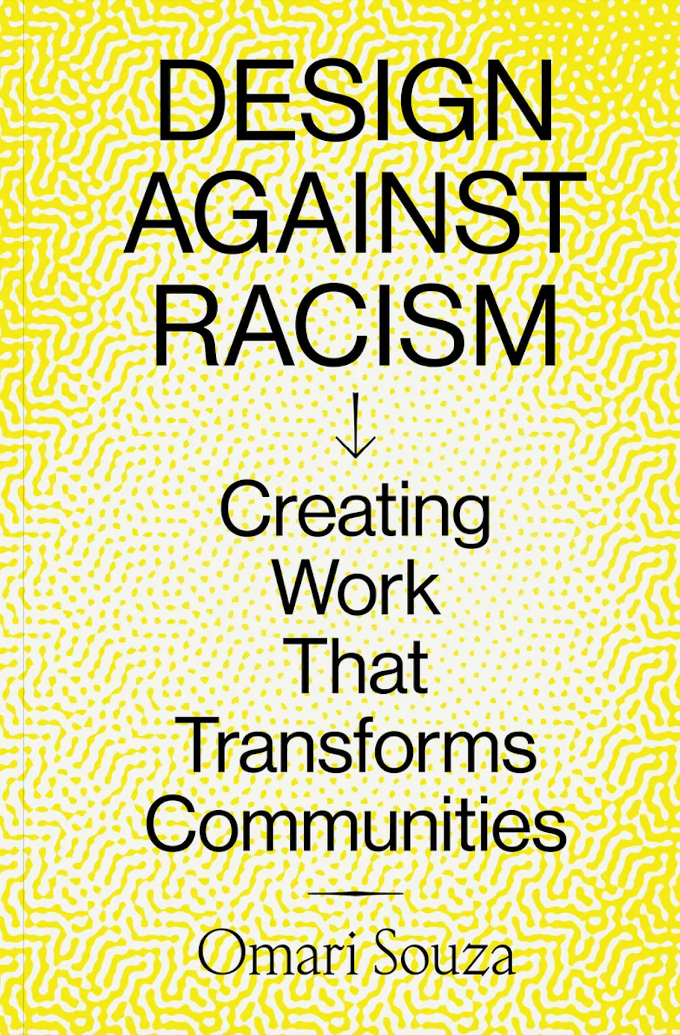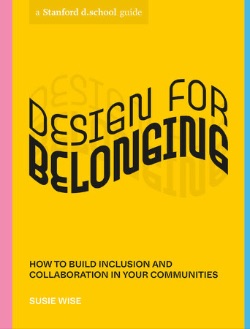September 5, 2025
Learning
How the design of spaces, places, images and objects impacts the lives of those branded as marginalized

Omari Souza is a designer, educator, and researcher whose work centers on the intersection of design, culture, and social justice. He observes that design is never neutral. Instead, it profoundly shapes cultural narratives, embedding biases, tastes, and ideologies—even in everyday objects like paperclips and cruise ships.
In Design Against Racism: Creating Work That Transforms Communities, he gathers contributors from across design disciplines—including art, interaction, communication, and environmental design—to present diverse perspectives on anti-racist and community-driven practices.
The book examines how design, as both a profession and academic discipline, has historically affected marginalized communities, while also offering practical frameworks for collective progress and equitable practice.
In this review, design writer, art director, and educator, Steven Heller reflects on how the book broadened his understanding of design as a force of inclusion or exclusion. He recalls that when he first began studying graphic design history, “design for good” was the prevailing mantra. “But good for whom?” he asks. “Rich and poor? Professional and laborer?”
Souza explains that in assembling the book, his goal was to offer designers a new path forward—one grounded in restorative values, community involvement, and honest historical awareness. He conceived it as both a critical examination and a practical toolkit, demonstrating how design can shift from exclusion to empowerment.
BOOK REVIEW: Transformation and Resilience




